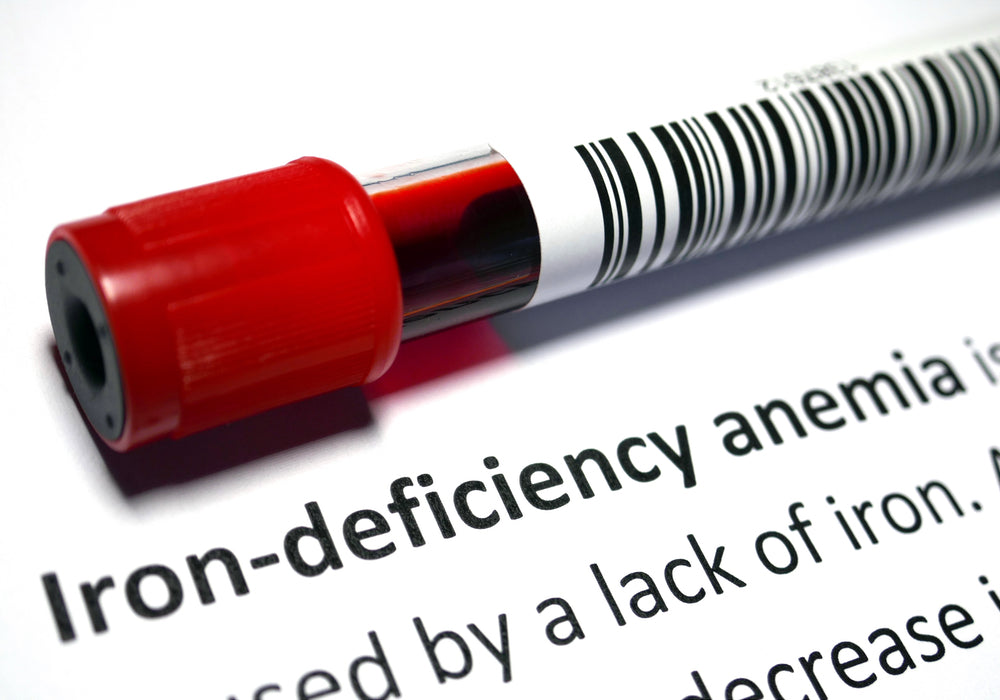If the body lacks iron, it draws attention to it with various symptoms. These include fatigue, forgetfulness, shortness of breath, paleness, hair loss and depression. In this article, we explain why you should pay particular attention to an adequate supply of iron if you want to have children or are pregnant
Iron deficiency at the beginning of pregnancy
A sufficient supply of micronutrients is not only important to avoid deficiency-related damage in the womb. New theories, in particular those of so-called fetal programming, assume that the health of the unborn child - up to an advanced age - is already predetermined by the external circumstances in the womb as well as after birth. According to this, an undersupply or oversupply of energy, for example, as well as a micronutrient deficiency, are said to influence the child's later health.
How much iron do you need if you want to have a child?
Iron, together with folic acid, is particularly important for the maternal organism. This "team" of iron and folic acid is indispensable wherever new life is created: In blood formation and oxygen transport, in new cell formation, growth and also in cell renewal. Pregnancy increases the blood volume of the expectant mother, which also increases the need for iron. It usually doubles from 15 to 30 milligrams per day.
Pregnant with iron deficiency
Many women enter pregnancy with insufficient iron stores. The body of a healthy adult contains a total of about 3 - 5 g of iron. An adequate iron balance during pregnancy is only guaranteed if an iron store of at least 500 mg is available at the beginning of pregnancy. Empty iron stores as well as a folic acid deficiency during pregnancy can have an early effect on the development of the placenta and later on the birth weight of the child.
Due to the great importance not only of iron but also of other micronutrients for maternal and child health, you should consult your gynaecologist at the latest when you want to have a child to rule out deficiencies or to discuss a suitable supplementation strategy for you. Do you suspect an iron deficiency? Then you should always have your blood tested by a doctor or iron expert before taking iron supplements. This is the only way to determine which micronutrients your body is lacking and to what extent it makes sense to supplement your diet.
Which foods contain iron?
Rich in iron are these animal foods: beef, pork, poultry, mussels, shrimp, salmon, tuna and egg. Iron from animal foods can be better processed by the body than from plant sources. A purely vegetarian or vegan diet therefore often leads to iron deficiency.
Iron from plant sources is found in plums, grapes, figs, beans, tofu, cabbage, spinach, oatmeal, enriched bread, pasta and cereals. If one wants to optimise iron intake from plant foods, it is recommended to take vitamin C. Rich in vitamin C are oranges and orange juice, tomatoes, red pepper, broccoli, strawberries and kiwi. Note: Iron is poorly absorbed in the presence of calcium.
Our tip: It is best to combine animal sources of iron (fish or meat) with plant sources (beans, spinach) and supplement with vitamin C (tomatoes, broccoli).
If you have any further questions about the correct intake of iron or dietary supplements when wanting to have children, please do not hesitate to contact our pharmacists at Saint Charles Apotheke Vienna or Berlin. We will be happy to advise you.







